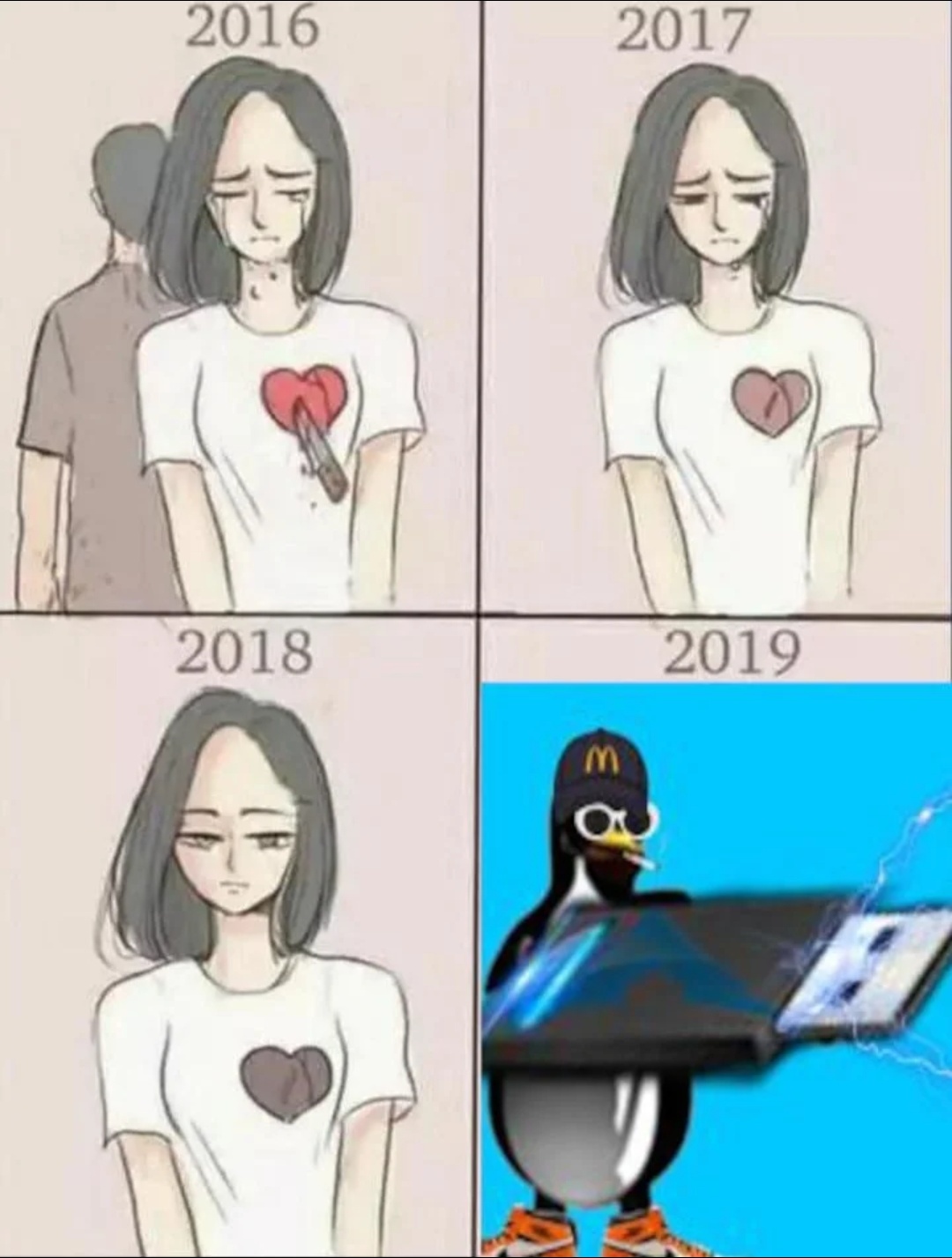Distro agnostic packages like flatpaks and appimages have become extremely popular over the past few years, yet they seem to get a lot of dirt thrown on them because they are super bloated (since they bring all their dependencies with them).
NixPkgs are also distro agnostic, but they are about as light as regular system packages (.deb/.rpm/.PKG) all the while having an impressive 80 000 packages in their repos.
I don’t get why more people aren’t using them, sure they do need some tweaking but so do flatpaks, my main theory is that there are no graphical installer for them and the CLI installer is lacking (no progress bar, no ETA, strange syntax) I’m also scared that there is a downside to them I dont know about.


For me personally, I just haven’t taken any steps into the nix environment. Seems rather complex, setting up those nix files and stuff.
I use Debian on servers and LMDE on my PC, most things I need are in the Debian repos and for other cases I get by pretty good with appimage s and flatpaks. Installing is just a simple command and me happy.
Nixpkgs are probably easy too, I assume. I know a lot of people really like nix, but the effort required to start seems significant to me, especially when we have other methods that just work.
Nixpkgs can be used without knowing anything about nix. You can install almost anything by just running e.g.:
nix-shell -p cowsayThe requirement for that is the nix package manager but that should be easy to install. But yeah getting into Nixos with flakes and all that stuff can be hard.
So I can in theory just do
apt install nix-shell(or whatever), do something likenix-shell -p curland thencurljust works?Pretty much, yes. Although most of the guides install nix via curl. You can find the recommended installation procedure on the official nix website.
What I’m right now also realizing is that i switched things up.
nix-shell -p curlcreates a shell with the curl command temporarily available. If you exit this shell it’s gone. I use this all the time if if i don’t want to pollute my system with programs I only use once. If you want to permanently install something you have to usenix-env -iA nixpkgs.curl. But don’t take my words for granted, since I have never tested this on a non-nixos machine.Note: You can also see how to install something by clicking on the package title in the nixpkgs repo.
It’s just a list of packages, and an optional flake to control the repositories (stable/unstable) and add packages from outside of the official ones.
To update everything nix related I just run:
cd ~/dotfiles/nix/ && nix flake update && home-manager switchI’ve only included a few packages from the actual list, but you can see how simple everything is. It just took me days to get to that point because the docs are really bad.
I use it to freshen up Debian packages. For example Debian docker is like 4 major versions behind the nix one, and it stopped being supported months ago.
Also, now that I’ve created the list from above, I can just run a single line to reinstall everything I need.
Why don’t you just install nix on debian and see